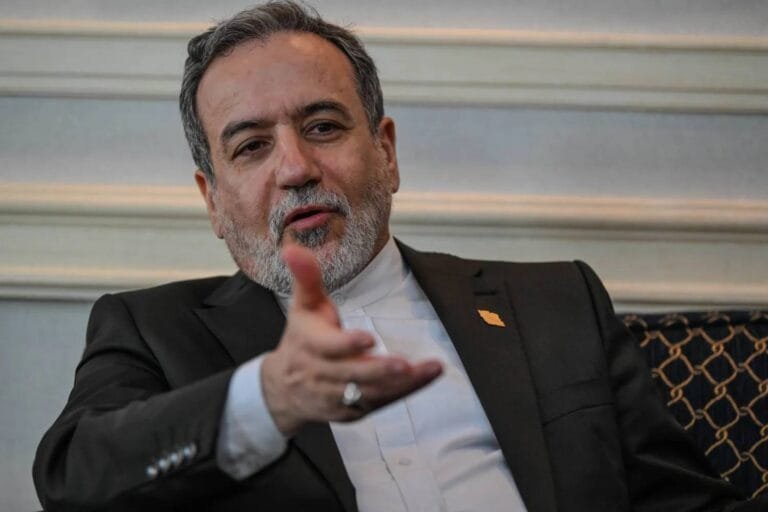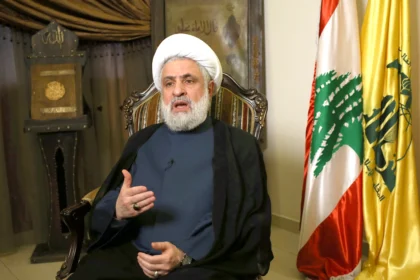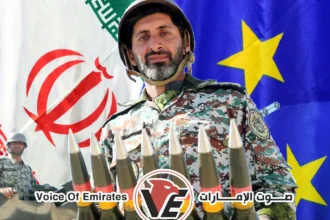Tehran, Iran – Iranian Foreign Minister Abbas Araqchi stressed the importance of “the media not frightening the people about the economic consequences of the trigger mechanism. They should not show it as greater than it is”.
This came as Iran confirmed more than once its readiness to negotiate on conditions.
Araqchi also added that the effects and consequences of the “trigger mechanism”, which involves reactivating UN sanctions on Iran, are exaggerated economically.
But he said it was politically significant.
However, he made it clear at the same time that his country was “ready to negotiate with the Europeans and the United States. This should be on the basis of respect and mutual interests”.
Some advancements
At the same time, press information indicated that some progress had been made in the talks. These talks were between Iran and the International Atomic Energy Agency during the past twenty-four hours.
But it is unclear whether this progress will develop into an agreement between them at this stage.
Tehran suspended its cooperation with the IAEA following the war that Israel began on June 13.
The war included the bombing of nuclear and military facilities and residential areas, killing more than a thousand people.
At the end of August, France, Britain and Germany activated the “trigger mechanism”. This mechanism allows the re-imposition of UN sanctions on Tehran.
This is in accordance with the nuclear agreement concluded in 2015.
It is noteworthy that the IAEA expressed last week its regret over Iran’s decision. This decision is to suspend cooperation with it following the war with Israel.
She pointed out that Tehran had accelerated the production of highly enriched uranium before the start of the Israeli attack.
She noted that Iran’s stockpile of 60 percent enriched uranium reached 440.9 kilograms on June 13. This marks an increase of 32.2 kilograms over May 17.
According to the agency, Iran is the only non-nuclear country in the world that enriches uranium by 60 percent. This level is close to the 90% required for military use.
This level exceeds the ceiling set at 3.67 percent in the international agreement concluded in 2015 with the major powers.
From which the United States withdrew unilaterally in 2018, during President Donald Trump’s first term.
















